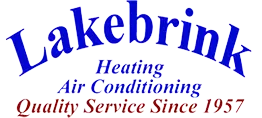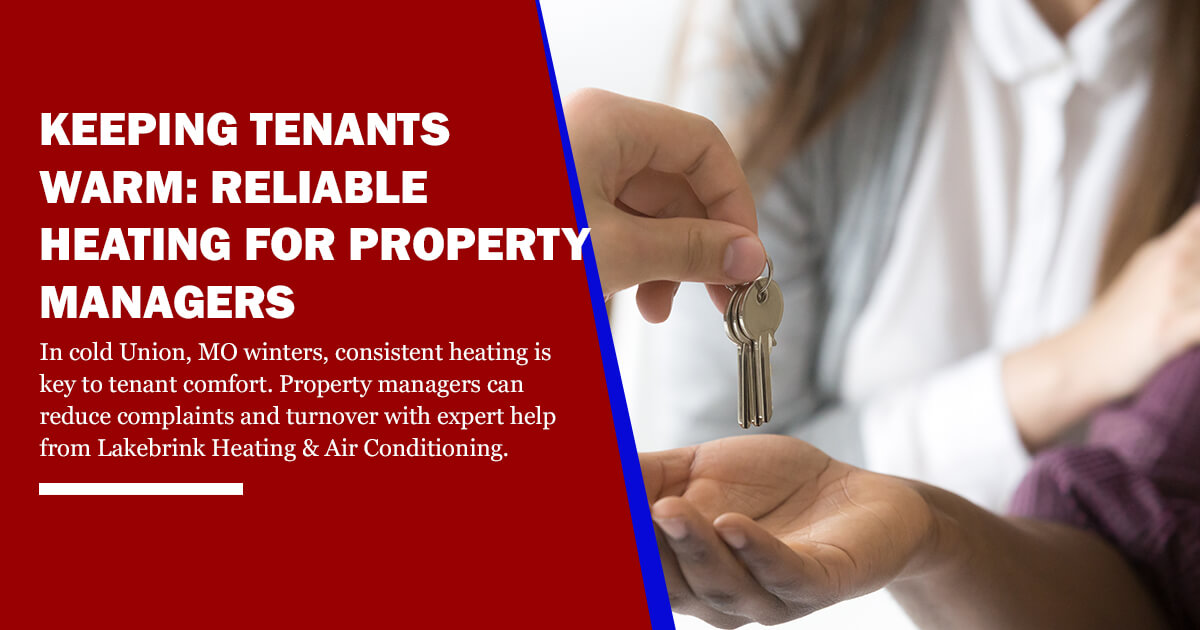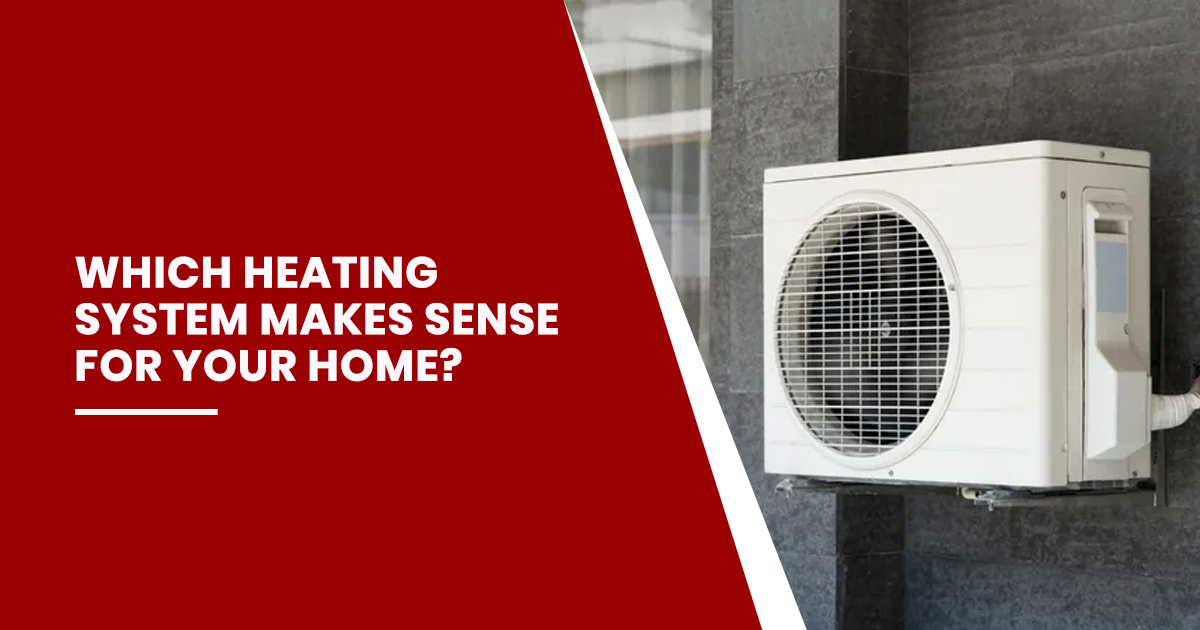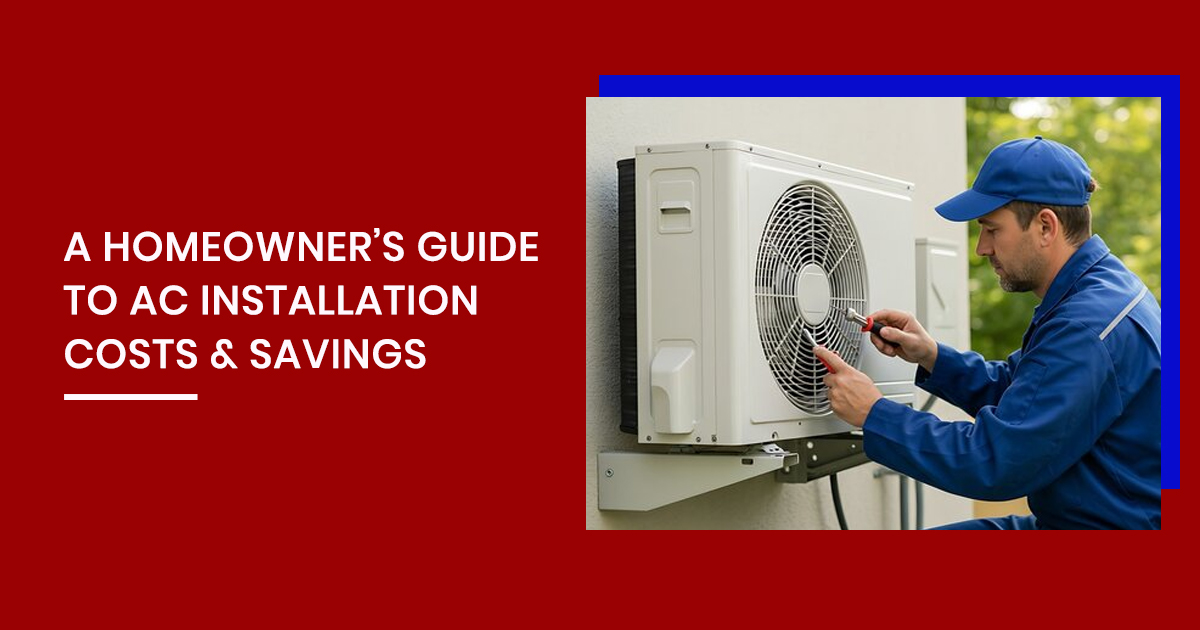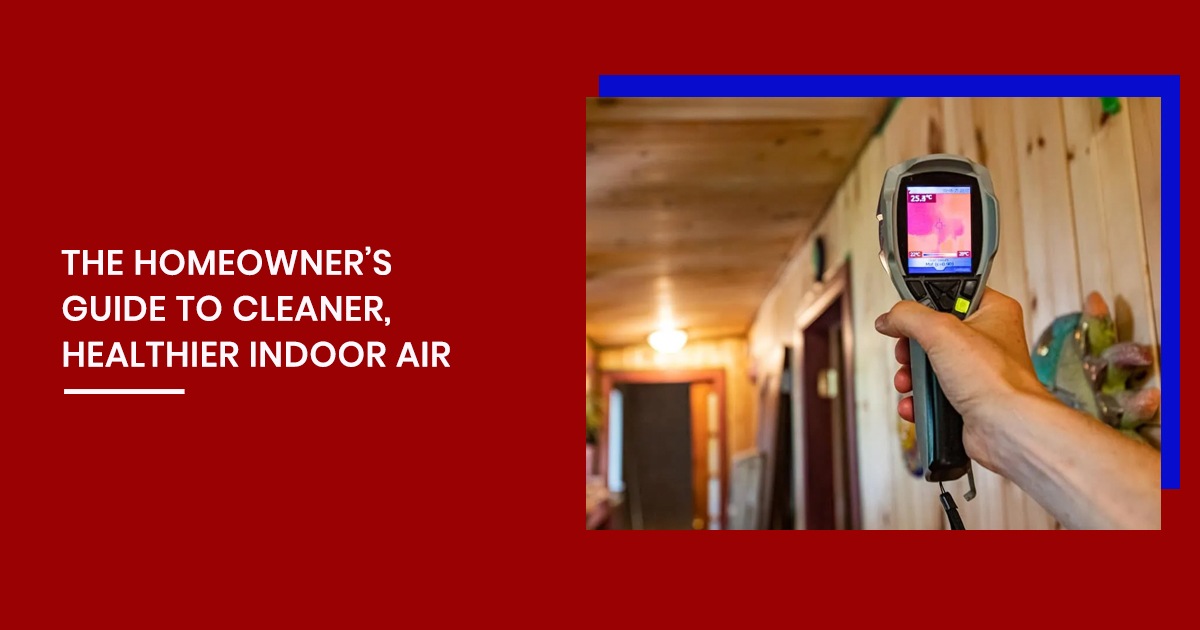How Property Managers Can Ensure Uniform and Reliable Heating Performance Across All Properties to Boost Tenant Satisfaction and Reduce Turnover
Maintaining consistent and reliable heating across multiple rental properties is a challenge faced by many property managers. Tenant comfort largely hinges on effective heating, especially during the cold months in regions like
Union, MO, where temperatures often dip below freezing. Studies reveal that uneven heating or insufficient temperature control is a top complaint among tenants, significantly contributing to dissatisfaction and
higher turnover rates. Given this impact, ensuring uniform heating performance is crucial not only for tenant well-being but also for protecting property value and reducing operational costs.
Understanding the Complexities of Delivering Consistent Heating Across Properties
Variability in Property Layouts and Aging Equipment
Each property can present unique challenges that affect heating performance. Older buildings may have outdated furnaces or heat pumps that struggle to adequately heat certain rooms, creating uncomfortable cold spots. Architectural
differences, such as ceiling heights, insulation quality, and the presence of drafty windows or doors, further complicate balanced heat distribution. These factors contribute to inconsistent heating and increased tenant complaints
across properties managed by the same team.
Managing Multiple Systems and Maintenance Coordination
Property managers often oversee many units that feature varying HVAC systems, sometimes from different manufacturers and of differing ages and maintenance histories. Coordinating repairs, routine maintenance, and filter changes
across these diverse systems demands time and precise oversight. Disparate systems require tailored approaches, making comprehensive and timely supervision difficult without centralized management or a reliable single service
provider.
Budget Constraints Limiting Upgrades and Repairs
Operating under tight budgets, property managers must make careful decisions around when and how to repair or upgrade heating systems. Investing in new, energy-efficient furnaces or heat pumps may significantly reduce operational
costs long-term but carries upfront expenses. Conversely, deferring maintenance or repairs leads to higher emergency service costs and tenant dissatisfaction, creating a delicate balance between cost and quality.
Emergency Repair Challenges and Tenant Impact
Unexpected heating system failures during cold spells can cause discomfort and safety concerns for tenants. Rapid responsibility to coordinate emergency service across multiple units or buildings becomes critical to maintain
satisfaction and compliance with housing standards. Delays or repeated issues from insufficient repairs increase tenant turnover risks and damage a property’s reputation.
Energy Efficiency Regulations and Compliance
Meeting evolving local and state energy regulations is mandatory for rental properties. Compliance ensures not only legal operation but can also lead to rebates or incentives that ease upgrade costs. However, managing adherence
across various heating systems scattered across multiple locations requires vigilance and expert guidance to avoid penalties and suboptimal energy usage.
Effective Strategies to Achieve Uniform and Reliable Heating Performance
Conduct Detailed Heat Assessments and System Diagnostics Across Properties
A clear understanding of heating efficiency and issues within each property is the foundation for improvement. Property managers should utilize professional HVAC specialists to conduct thorough assessments, including inspection of
furnace or heat pump efficiency, ductwork integrity, and thermal imaging to identify cold zones or leaks. This systematic approach enables targeted interventions that address root causes rather than symptoms.
Standardize Heating Systems and Adopt Energy-Efficient Equipment
Whenever feasible, synchronizing models and technologies across properties simplifies maintenance and parts management. Upgrading to high-efficiency gas furnaces—many of which exceed 95% AFUE—or inverter-driven heat pumps reduces
energy consumption and improves consistent temperature control. Selection should be based on calculation of specific property heating loads (Manual J calculations) to ensure optimal system sizing and prevent undersized or oversized
installations.
Centralize Maintenance and Repair Management with a Single Reliable Partner
Entrusting all HVAC maintenance and repairs to a specialized and responsive provider, like
Lakebrink Heating & Air Conditioning, streamlines communications and service coordination. Centralized
management ensures consistent maintenance schedules, priority responses to emergency repairs, and consolidated billing, saving property managers time and reducing operational complexity.
Utilize Custom Sheet-Metal Duct Fabrication for Balanced Airflow
In-house duct fabrication tailored to each property’s layout ensures ducts fit precisely and minimizes air leakage—common causes of uneven heating. Balancing airflow by zone optimizes comfort and prevents hot or cold spots,
satisfying tenants and potentially lowering energy bills by increasing system efficiency.
Implement Flexible Pricing and Maintenance Plans Compatible with Budget Constraints
Property managers benefit from scalable service agreements that provide routine maintenance at predictable costs, offering savings on parts and labor. Maintenance plans reduce emergency repair dependency and extend the life of
heating equipment. Financing options or rebates—such as available local incentives negotiated by providers—can further ease the financial burden of essential upgrades.
Ensure Rapid Emergency Response to Minimize Tenant Disruptions
Winter emergencies require swift action to maintain tenant comfort and property reputation. Providers offering 24/7 emergency HVAC services can address furnace or heat pump failures promptly, often with stocked parts and technicians
trained on various systems, creating fewer prolonged outages and minimizing tenant complaints.
Guarantee Continued Regulatory Compliance and Energy Standards
Maintaining compliance safeguards properties from fines and legal issues while promoting environmental responsibility. Expert providers monitor changes in local energy codes and assist with proper documentation and system upgrades,
ensuring rental properties stay up to date with evolving requirements.
Next Steps: Partnering with Lakebrink Heating & Air Conditioning for Uniform Heating Success
Leverage Lakebrink’s Expertise in Standardizing Heating Across Multiple Properties
Lakebrink Heating & Air Conditioning brings decades of experience in Union, MO, and surrounding areas, combining
technical skill with deep local knowledge. Their centralized maintenance and repair management helps property managers deliver consistent, reliable heating that meets their tenants’ demands efficiently and cost-effectively.
Arrange Comprehensive Heating System Audits to Identify Performance Gaps
Proactive audits by Lakebrink’s certified technicians can reveal inconsistencies in heat delivery, outdated equipment, or ductwork issues across portfolios. These insights form the basis for strategic upgrades or maintenance plans
that provide uniform tenant comfort.
Adopt Flexible, Streamlined Maintenance Agreements to Simplify Operations
Owning a pool of properties becomes more manageable when maintenance tasks and service requests are handled under a single plan. Such agreements reduce administrative overhead, lower unexpected costs, and help ensure all heating
systems remain optimal through seasonal checks and timely repairs.
Utilize Cost-Effective Heating Upgrades Supported by Local Rebates and Incentives
Through partnerships and in-depth understanding of regional programs, Lakebrink helps property managers access financial savings on high-efficiency furnaces, heat pumps, or ductwork upgrades, improving the value and appeal of their
rental units.
Prioritize Tenant Comfort for Increased Retention and Reduced Turnover
Consistent and comfortable heating encourages tenants to renew leases and fosters positive word-of-mouth. Maintaining this standard across all properties positively impacts occupancy rates, property reputation, and long-term
profitability.
Frequently Asked Questions
How often should heating systems in rental properties be maintained?
Ideally, heating systems should be inspected and serviced at least once per year, preferably before the heating season. This routine maintenance addresses wear and system inefficiencies, minimizing breakdowns during critical cold
months.
What are the benefits of standardized heating systems across multiple properties?
Standardization simplifies maintenance, parts inventory, and technician training. It promotes consistent heating performance, reduces repair times, and streamlines budgeting, which is especially important for managing multiple
rental units efficiently.
Can energy-efficient heating systems help reduce operational costs?
Yes. High-efficiency furnaces and heat pumps consume less fuel or electricity, decreasing utility expenses. Over time, these savings often offset initial investment costs, especially with available rebates and incentives.
How quickly can emergency heating repairs be expected?
With a reliable service provider like Lakebrink Heating & Air Conditioning offering 24/7 emergency response, most issues can be addressed within hours to prevent extended tenant discomfort and operational disruptions.
Are there financing options available for heating system upgrades?
Many HVAC providers, including Lakebrink, offer flexible financing plans tailored to property managers’ budgets, making it easier to invest in critical upgrades without immediate large capital outlays.
Conclusion
Delivering uniform and reliable heating performance across all rental properties is vital for tenant comfort, satisfaction, and retention. The challenges of aging equipment, varying building layouts, budget restrictions, and
operational complexity require strategic solutions grounded in assessment, system standardization, and centralized management. By partnering with
Lakebrink Heating & Air Conditioning, property managers gain access to expert heating solutions, customized maintenance
plans, and rapid emergency services designed to maintain consistent warmth and reduce costly tenant turnover. Investing in uniform heating isn’t merely about equipment; it’s an important step towards sustaining your properties’
value and fostering long-term tenant loyalty. Contact Lakebrink today to start ensuring comfort and consistency across your portfolio.
By Lakebrink Heating & Air Conditioning
